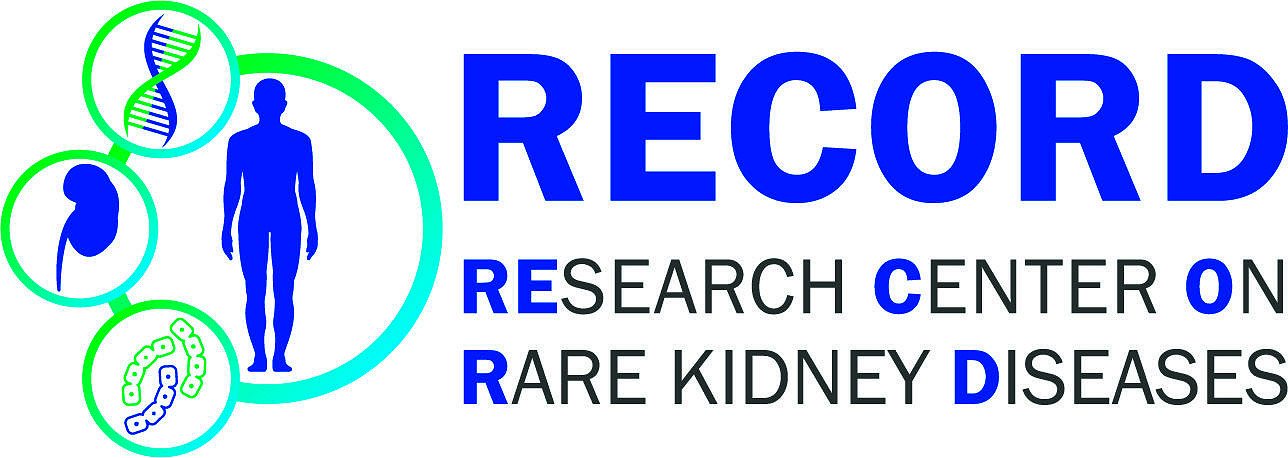Evaluation of the clinical response and ADAMTS13 remission in immune TTP
Wissenschaftliches Arbeitsprogramm:
Immune thrombotic thrombocytopenic purpura (iTTP) is a rare and potentially life-threatening autoimmune disorder. Recent advancements in iTTP treatment have been marked by the approval of caplacizumab, an anti-VWF nanobody, which has introduced a novel approach by preventing the fatal microthrombi formation and accelerating platelet count recovery. The introduction of caplacizumab has also raised new questions and underscored the need to address long-standing challenges in the management of iTTP.
This research project focuses on the critical hallmarks of successful patient management: (1) platelet count normalization, which implies termination of fatal thrombotic microangiopathy and equals a clinical response, and (2) restoration of normal ADAMTS13 activity, which implies a clinical remission.
Firstly, in real-world clinical practice, a prolonged time to clinical response is occasionally observed and responsible physicians carefully need to balance potential intensification of iTTP-specific treatment with investigations for alternative aetiologies of thrombocytopenia. This study systematically investigates whether caplacizumab-treated patients with prolonged times to clinical response experience iTTP refractoriness or if delayed platelet count recovery may reflect non-refractory causes of thrombocytopenia.
Secondly, the identification of clinical or epidemiological risk factors for persistent ADAMTS13 deficiency and prolonged time to disease remission could greatly enhance early risk stratification and guide personalized treatment strategies in iTTP, including more targeted immunosuppression and caplacizumab therapy. This study aims to investigate factors influencing the time to ADAMTS13 remission through multivariate analyses, including e.g. clinical parameters and autoantibody levels, with the goal of improving long-term patient outcomes. Understanding these factors may also pave the way for future translational studies.
